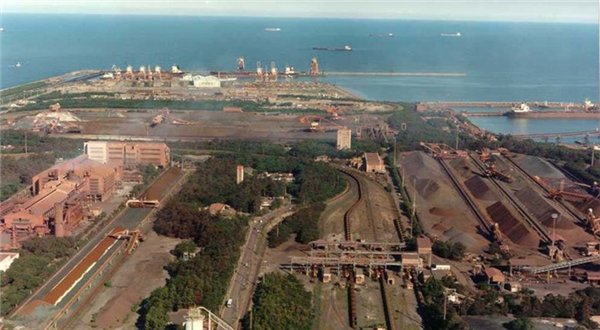Rise in Canada-China activity supports capesize market
The bulker segment has been facing worsening trading conditions since early February as crowded tonnage in both the Pacific and Atlantic basins amid slow activity puts downward pressure on spot rates. However, Canada -China activity is providing some much-needed support to the segment
CAPESIZE earnings have increased marginally over the week as activity from Canada to China gained traction leading to a more positive tone in the Atlantic.
“The longest capesize route, eastern Canada to China, has shown itself to be increasingly busy with charterers being heard to have booked a multitude of vessels,” Baltic Exchange said in its daily report.
“The long tonne-mile route is a welcome sight in the current market as Brazilian spot cargoes to the far east are still proving sporadic.”
The bulker segment has been facing worsening trading conditions since early February as crowded tonnage in both the Pacific and Atlantic basins amid slow activity puts downward pressure on spot rates.
The weighted time charter average was assessed by the Baltic Exchange at $4,213 per day on Monday, up 2% from last week, significantly below the operating cost of vessels.
The Baltic Capesize Index fell to 147 points on Monday from the week-ago level of 167.
The C3 Brazil-China rate for shipping iron ore was currently at a low of $8.5 per tonne, but it is still a 2% improvement as compared to the week ago rate due to limited cargo from the region which has been affected by the coronavirus outbreak.
Meanwhile, the bauxite trade from Guinea to China continues to be one of the most bullish in dry bulk, with an average of 31 capesize shipments a month so far this year. The longhaul trade has supported tonne-mile demand.
“We recorded 32 Capesize shipments of bauxite from Guinea over May, as China continues to stock up on the raw aluminium ore,” Braemar ACM said. “More recently, we have begun to see more very large ore carriers being used in this trade, including some of the ex-very large crude carrier conversions.”
The shipbrokers remained confident on the long-term growth prospects of this trade, though in the short term it expects shipments to dip over the third quarter during the West Africa rainy season.
In other positive news, Drewry noted that the development of the Simandou blocks in Guinea will increase the country’s iron ore exports which will prompt Chinese importers to shift some iron ore imports away from Australia to Guinea, likely to add to dry bulk shipping demand.



